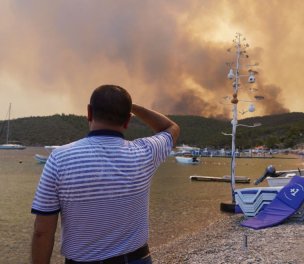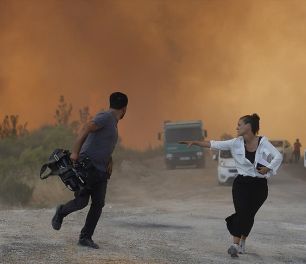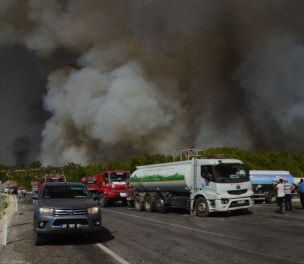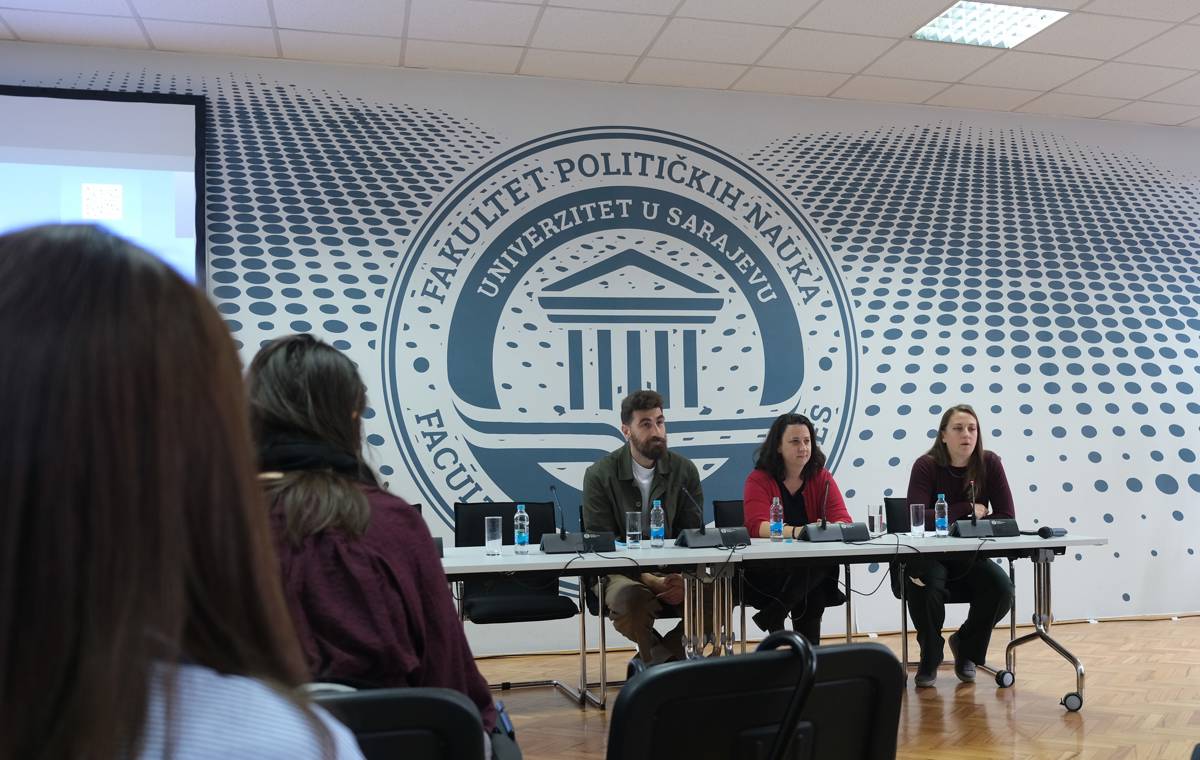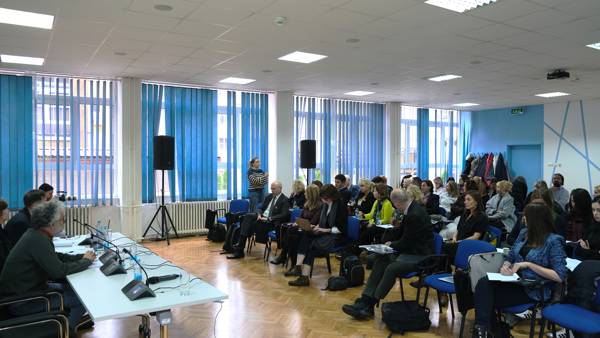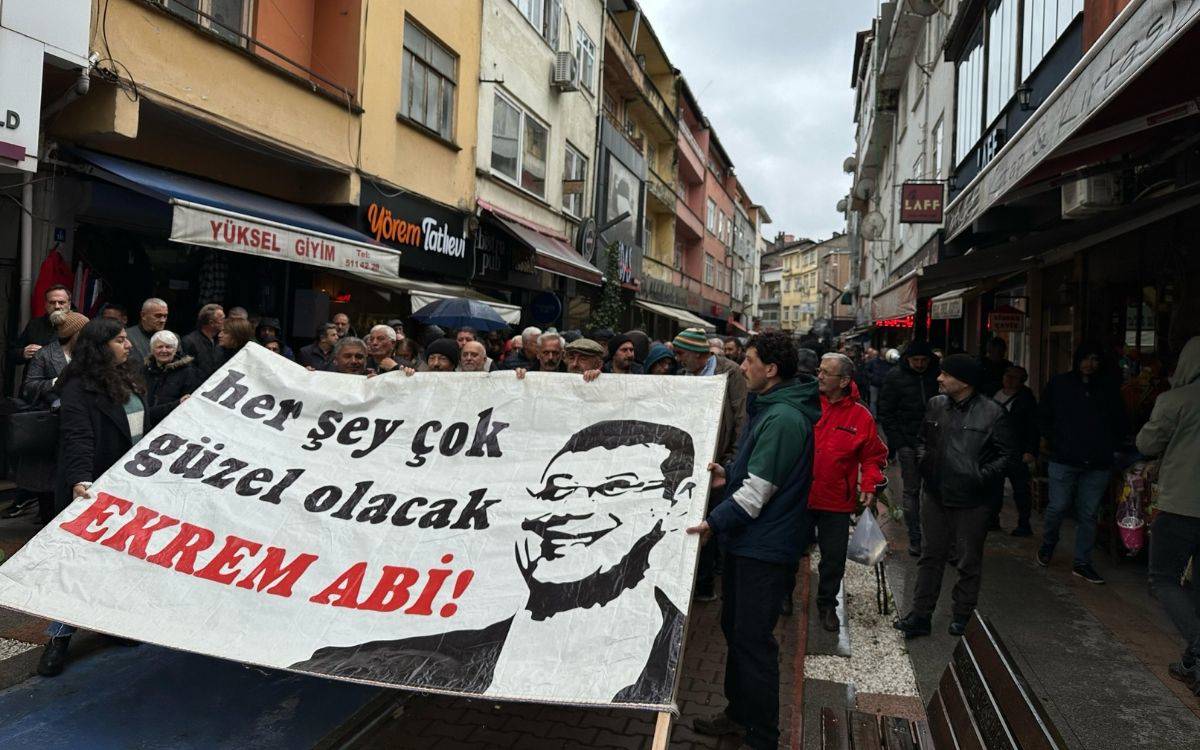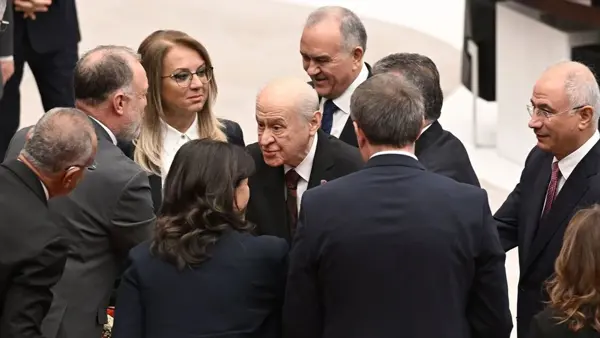Photos: AA
Here is bianet's weekly summary of important news in Turkey:
Wildfires blaze across Turkey
• More than 100 wildfires have erupted in 30 provinces since July 28, mainly in the tourist spots in southern and southwestern parts of the country
• Hundreds of homes and greenhouses have been destroyed and seven people, two firefighters and an unknown number of animals have been killed
• Government is under heavy criticism over insufficient response to the fires and the lack of firefighting aircraft
• As unverified claims of "PKK sabotage" spread, vigilante groups close roads and perform ID checks in fire zones
On July 28, fires erupted in four locations in Manavgat district of the Mediterranean province of Antalya. Within hours, it was followed by half a dozen wildfires in three provinces in its vicinity -- Mersin, Adana and Osmaniye. By August 1, some 111 wildfires had erupted in 30 provinces.
|
The first thing that came to many people's mind was the possibility of arson, given the country's history of zoning burned forested areas for construction. Indeed, a luxurious hotel that had to be evacuated due to fires in Bodrum, Muğla, was built on land that had been burned in a wildfire in 2007.
The outlawed Kurdistan Workers' Party (PKK) was also a usual suspect with both pro-government and pro-opposition media outlets and social media users accusing it of starting fires. The hashtag "PKK burned" (#PKKyaktı) was a trending topic on Twitter with more than 100,000 posts.
The PKK claimed many forest fires in the past, in response to what it said security forces' burning of forested areas in the Kurdish-majority regions.
Amid the unverified news of "sabotage," vigilante groups emerged in Manavgat, Antalya, closing roads and performing ID checks.
While there has been no police action regarding such groups, Manavgat Mayor Şükrü Sözen said such actions "further increase our pain and do no good for anyone."
"These people are making this period more difficult by performing ID checks, blocking roads and firing in the air in an attempt to catch 'arsonists and suspects'," he wrote on Twitter.
 Tortoises rescued by a citizen in Muğla (Photo: AA)
Tortoises rescued by a citizen in Muğla (Photo: AA)
As the authorities don't rule out arson, several suspects have been detained in various parts of the country on the suspicion of starting fires.
Meteorologists point out the high temperatures and low humidity combined with the "föhn effect" caused by northern winds as the main cause of the fires in the country's south.
The minister of forestry warned on Saturday that "We should be much more cautious" as the humidity will further decrease to 10 percent in the coming days.

Fire zones have been declared disaster areas and the loss of agriculture, animal husbandry and greenhouse businesses will be covered by the government, President and Justice and Development Party (AKP) Chair Recep Tayyip Erdoğan said during a visit to Marmaris, Muğla.
About the sabotage claims, he said, "It's our duty to rip out the lungs of those who burned our lungs," adding that there were "indications" that "terrorists" burned the forests.
A pack of tea from the presidentPresident Erdoğan drew ire from opposition politicians after throwing packs of black tea at the crowd who were listening to his speech in Marmaris. "Both those who throw and get these should be ashamed," said main opposition deputy Engin Özkoç as the "#akpartea" hashtag, a wordplay of the AKP and tea, became a trending topic on Twitter. The president also threw packs of tea at the crowd a couple of weeks ago when he visited his hometown Rize after floods. |
Aerial response
The government has been able to deploy only a handful of firefighting planes that they leased from Russia and Azerbaijan as it has surfaced that it has no firefighting planes in its inventory.
The Turkish Aeronautical Association (THK), whose planes had been used in firefighting for decades, have not been able to participate in public tenders for firefighting in the last two years due to tender specifications.
The Ministry of Agriculture and Forestry stipulates that the minimum capacity of the aircraft should be 5,000 liters while the THK planes have 4,900-liter tanks.
Both the president and the minister of forestry said that the THK's planes were too old and not usable. Yet the opposition points out that it's the government's responsibility to have firefighting planes.
Kurdish family massacred at home
Seven people from the Dedeoğlu family were killed at home by armed assailants in the Meram district in the Central Anatolian province of Konya.
The assailants reportedly raided the family's home and set the building on fire after killing the family members.
Footage of the attack:
The family, who had been living in Konya for 24 years, were previously attacked by a group of about 60 people in May. They said the attackers had told them "We are the grey wolves [an ultranationalist group]. We won't let you live here."
Peoples' Democratic Party (HDP) Chair Mithat Sancar blamed the government, saying that its "language of hate and provocation" was the main responsible for the recent attacks on Kurds.
The prosecutors investigating the case said the incident happened as a result of a longstanding dispute between the two families and was not racially motivated.
Read more:
One person killed in third racist attack on Kurds in two weeks
Attack on HDP İzmir office: Party worker Deniz Poyraz killed
Two people arrested over the attack on Kurdish family in Mersin
Seven injured in racist attack on Kurdish seasonal workers in Afyon
Migration wave triggers "foreign-funded media" debate
• The government has been under criticism over the refugee deal with the EU and a new refugee wave from Afghanistan with the apparent lack of border controls
• The main opposition leader promised to send refugees back to their countries
• Some pundits faced a social media backlash after reminding him of international conventions. Eventually, foreign-funded media outlets all together became the object of the anger
• The president's communications director stepped in, hinting at new legislation to prevent "fifth column" activities
The debate was sparked by the recent developments in the country's refugee issue. Over the past month, hundreds of refugees from Afghanistan have been reportedly crossing into Turkey every day.
The opposition criticizes the government's silence on the new refugee wave and its agreement with the EU to keep refugees in exchange for monetary support.
The main opposition Republican People's Party (CHP) leader Kemal Kılıçdaroğlu recently promised to send refugees back to their countries once he assumes power. In a video statement, he criticized the ruling AKP and the EU over the refugee deal while warning the people that "refugees are not our enemies."
An unverified video showing Afghan refugees crossing from Iran to Van in Turkey's east:
Afgan göçmenler İran sınırından geçiş yapmaya devam ediyor. pic.twitter.com/gAkDZq5zYs
— poftp. (@poftpmedya) August 1, 2021
When some pundits on Medyascope, an online news outlet, pointed out refugee rights and criticized racist reactions to the new refugee wave, they faced a backlash on social media.
On July 21, OdaTV, a secular-nationalist-leaning news portal, published a report about funds provided to Medyascope and three other outlets by the US-based Chrest Foundation. The information OdaTV claimed to have revealed was already public on the relevant organizations' websites.
After this report and several similar reports, all media outlets funded by foreign and international organizations have become the object of anger among both government and opposition supporters on social media.
On Friday, Presidency Communications Director Fahrettin Altun hinted at new regulations to prevent "fifth column activities" by media outlets.
The financing of the independent media has been a problematic issue in Turkey as all mainstream outlets are owned by business groups with close ties to the government and pro-government outlets benefit from the public funds more than others. The government has also been criticized for using the RTÜK and the Press Advertisement Institution (BİK) to exert financial pressure on media outlets critical of the government through monetary penalties.
Read more:
'The government does not want any accurate information to reach the public'
'Nobody says, "Come on, let me fund you"'
Press freedom organizations denounce proposals to introduce new regulation
Pro-government newspapers received 78 percent of all public ad payments in 2020
Five newspapers got 88 percent of ad penalties by Press Advertisement Institution
Media Ownership Monitor Turkey
"Death lists" of dissidents in Europe
Following physical attacks in threatening messages against two journalists from Turkey, Germany on July 26 confirmed the existence of "execution lists" journalists and writers critical of the Erdoğan government.
In response to a parliamentary question, Germany's Minister of Interior Helmut Teichman said, "There are currently references to various lists of the people who are allegedly criticizing the Turkish government."
There have recently been several news articles and statements about the existence of a 55-people execution list targeting people from Turkey, especially the exiled journalists currently living in Germany.
Journalist Erk Acarer on July 20 announced that a threatening message was left in the yard of his home in Berlin, Germany. On July 8, he was assaulted by a group of people in front of his home.
After the first attack, an "execution list" containing dozens of names was published on Twitter by a seemingly pro-AKP account.
Celal Başlangıç, the editor-in-chief of Artı TV and Artı Gerçek website, was notified by Germany's police that his life was in danger.
Kurdish musician Ferhat Tunç was also informed by the Darmstadt police that he was on the "death list," he said on Twitter.
Read more:
DJV demands an end to Turkey's 'fight against press freedom'
'There is an execution list targeting opposition journalists from Turkey'
(VK)




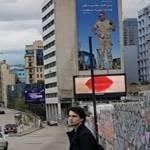

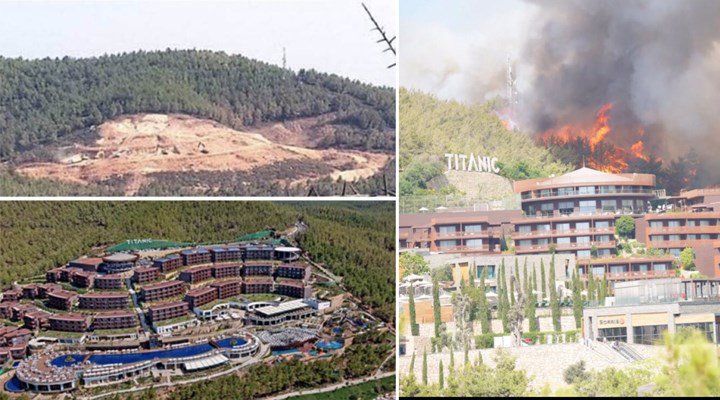
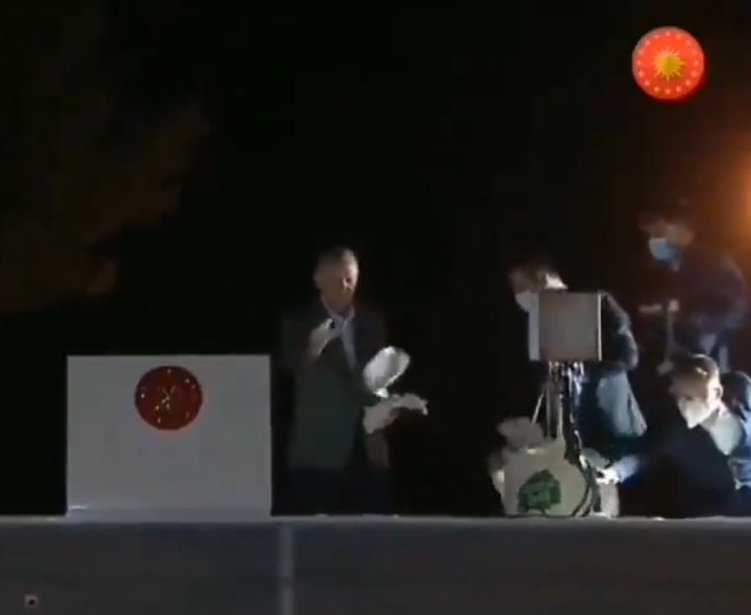
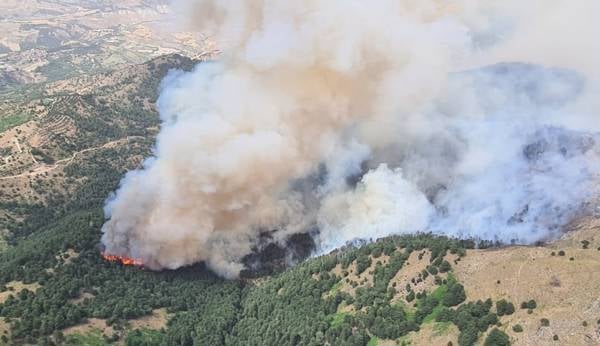
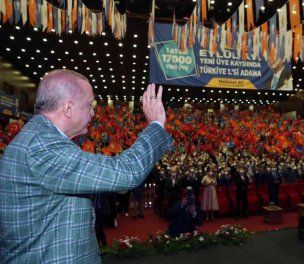
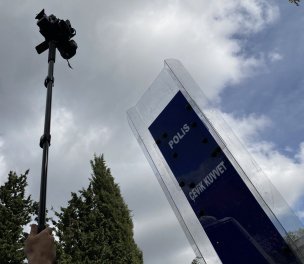
sa.jpg)
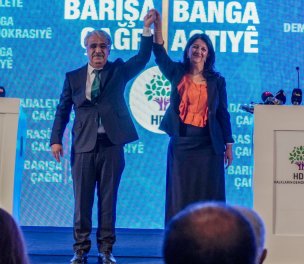
as.jpg)
